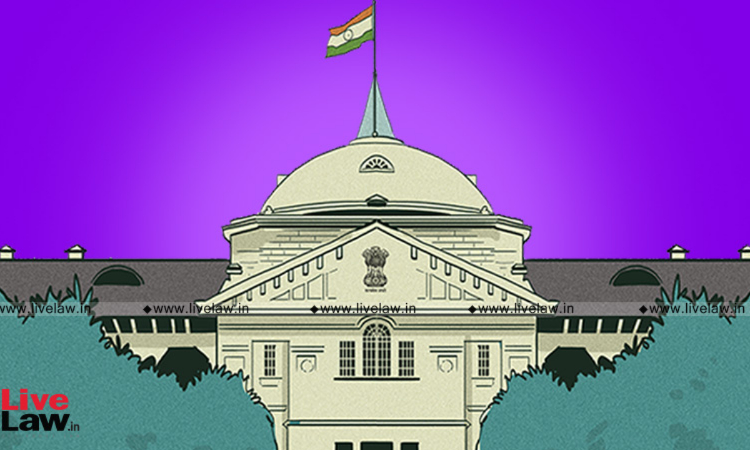Intent To Evade Tax Sine Qua Non For Initiation Of Proceedings U/S 129 And 130 Of CGST Act: Allahabad High Court
Upasna Agrawal
11 Oct 2023 1:00 PM IST

Next Story
11 Oct 2023 1:00 PM IST
The Allahabad High Court has held that it is necessary for the authorities to establish intention to evade tax for proceedings under Sections 129 and 130 of Central Goods and Service Tax Act, 2017. The Court held that without recording a finding a as to intention to evade tax, proceedings can at best be initiated under Section 122 of the Act.Dealing with Section 129 and Section 130 of the...
